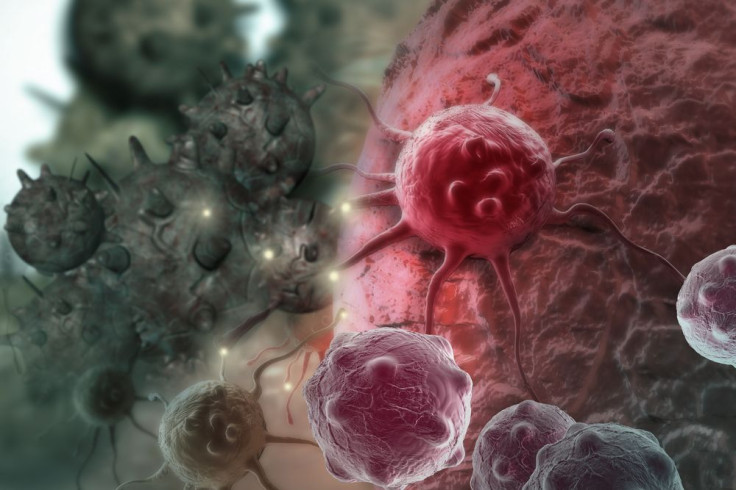Poison As Cancer Treatment: Immunotoxins Derived From Ricin Could Be Used To Treat Colon Cancer

Deadly toxins, such as ricin, may seem like an unorthodox cancer treatment, but researchers contend that finding homing signals for so-called immunotoxins to target could help avoid confusion between molecules shared by both cancer and normal cells. A study conducted at Thomas Jefferson University has revealed that an immunotoxin found in ricin can potentially target colon cancer cells via a specific receptor, providing a novel approach for treating not only colon cancer, but also gastric, esophageal, and pancreatic cancers.
"These studies pave the way for effective antibody-directed therapy for metastatic disease in colorectal cancer, which currently carries a greater than 90 percent chance of mortality," Dr. Scott Waldman, chair of the Department of Pharmacology and Experimental Therapeutics and the Samuel MV Hamilton Professor at Thomas Jefferson University, said in a statement.
The research performed by Waldman and his colleagues is 20 years in the making after they first discovered the colon cancer receptor GUCY2C (pronounced “goosy toosy”) back in 1993. In addition to colon cancer, GUCY2C molecules are also expressed by gastric, esophageal, and pancreatic cancers. Although it is also expressed by normal cells, these normally expressed receptors are “hidden” from the immune system in both the side of the digestive tract that faces food and water as well as the so-called immunoprivileged area of the brain.
Researchers tested the effect of the immunotoxin taken from ricin on lung metastasis in laboratory mice. Findings revealed that colon cancer cells will “gobble up poison” via membrane-bound sacs (endosomes) that bind with digestive/acidic fluid carrying vesicles (lysosomes), as long as they are attached to GUCY2C. The immunotoxin/GUCY2C combination is internalized by colon cancer cells where it destroys its host from inside without affecting the molecules of normal cell.
According to the Centers for Disease Control and Prevention, colon cancer is the second leading cause of cancer-related death in the United States and third most common cancer in men and women. While 135,260 people in the U.S. were diagnosed with colon cancer in 2011, 51,783 men and women died as a result of their diagnosis. The Thomas Jefferson University research team’s concept is currently being tested in a phase II clinical trial for gastric, esophageal, and prostate cancers by Millennium Pharmaceuticals.
Source: Marszalowicz G, Waldman S, et al. GUCY2C lysosomotropic endocytosis delivers immunotoxin therapy to metastatic colorectal cancer. Oncotarget. 2014.



























